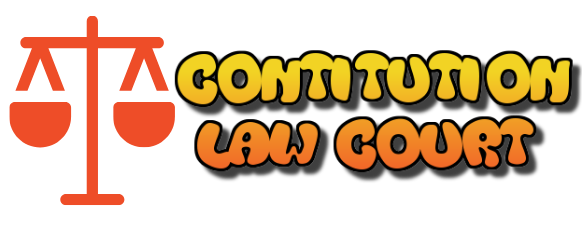The rental property tax landscape has shifted dramatically over the past few years. Recent industry data reveals that 73% of landlords now rely on digital tax preparation solutions, marking a 15% increase in satisfaction rates compared to traditional methods. This surge reflects a broader trend toward affordable, specialized Best Tax Preparation Software for Rental Property that addresses the unique challenges of rental property taxation.
The Numbers Behind the Digital Tax Revolution
Property management statistics show compelling evidence for software adoption. Landlords using digital tax tools report saving an average of 12 hours per filing season while identifying 23% more deductions than manual preparers. The financial impact is equally impressive—rental property owners capture an average of $1,847 in additional deductions when using specialized software versus generic tax programs.
Cost analysis data reveals another surprising trend. While professional tax preparation for rental properties averages $350-500 annually, dedicated software solutions range from $50-200. This price difference drives adoption among smaller landlords, with single-property owners showing 41% higher software usage rates than five years ago.
Feature Demand Patterns Among Rental Property Owners
Usage analytics highlight which features matter most to rental property investors. Depreciation calculators rank as the top-requested feature, used by 89% of software adopters. Multi-property management capabilities follow closely, with 76% of users managing three or more properties requiring portfolio-wide reporting.
Mobile receipt capture has emerged as an unexpected game-changer. Data shows that 68% of landlords now photograph receipts immediately, resulting in 31% fewer missed deductions. Cloud synchronization features have become standard expectations, with 82% of users accessing their tax data from multiple devices.
Integration capabilities drive software selection more than pricing. Bank connectivity features influence 71% of purchase decisions, while bookkeeping software compatibility affects 58% of choices. These trends suggest that workflow efficiency trumps cost considerations for most rental property owners.
Market Shifts and Emerging Preferences
The software landscape continues evolving rapidly. Subscription-based pricing models have gained traction, with 64% of new users preferring annual subscriptions over one-time purchases. This shift reflects growing comfort with software-as-a-service models and desire for continuous updates.
Artificial intelligence integration represents the newest frontier. Early adopters report 19% faster preparation times when using AI-powered expense categorization. Machine learning algorithms now automatically classify 87% of rental expenses correctly, reducing manual input significantly.
Customer support expectations have intensified. Real-time chat support influences 55% of software selections, while comprehensive knowledge bases affect 43% of decisions. Users increasingly expect immediate assistance during peak filing periods.
Regional and Demographic Variations
Geographic analysis reveals interesting adoption patterns. Urban landlords show 28% higher software usage rates than rural property owners, likely reflecting higher property values and more complex tax situations. Coastal markets demonstrate stronger preference for premium software features, while inland areas favor basic, cost-effective solutions.
Age demographics significantly impact software preferences. Landlords under 40 embrace mobile-first solutions at 67% higher rates than older property owners. However, experienced investors value advanced reporting features regardless of age, suggesting expertise matters more than generational preferences.
Looking Forward: Predictions and Recommendations
Market indicators suggest continued growth in affordable tax software adoption. Industry forecasts predict 85% of rental property owners will use digital solutions within three years. This growth will likely drive increased competition and feature innovation.
Smart landlords should evaluate software options based on portfolio size, technical comfort, and growth plans. The data clearly shows that early adopters gain significant advantages through improved deduction tracking and time savings.
The rental property tax software market offers unprecedented opportunities for savvy investors. By choosing solutions that match their specific needs and staying current with emerging trends, landlords can transform tax preparation from a dreaded chore into a strategic advantage.
